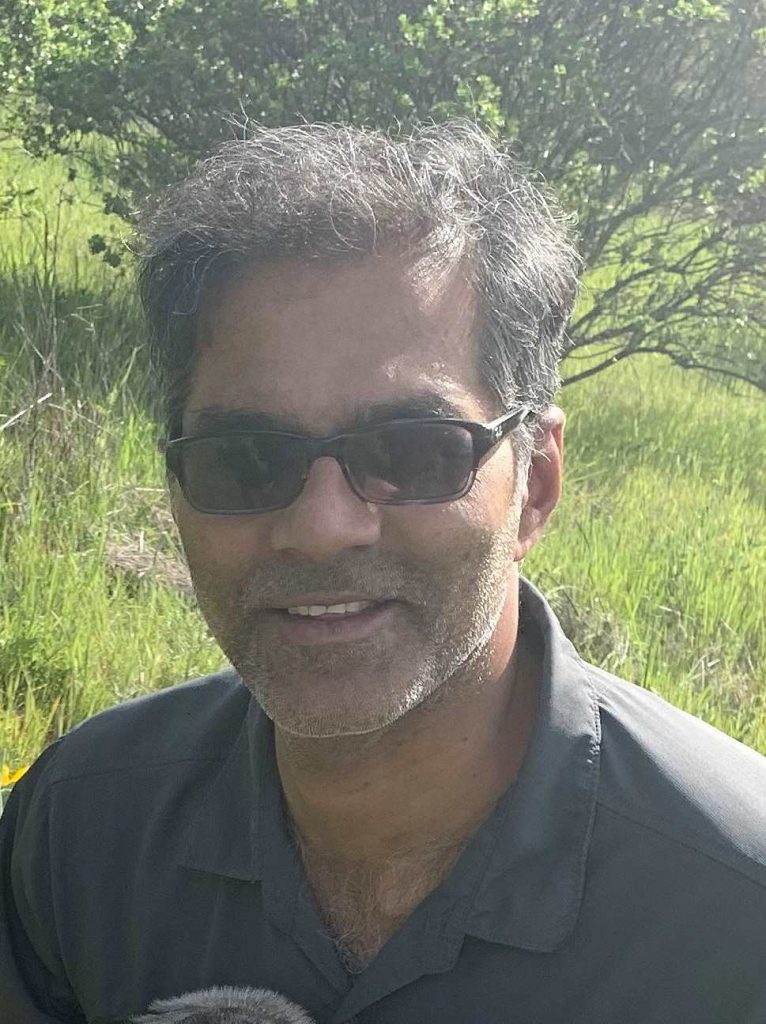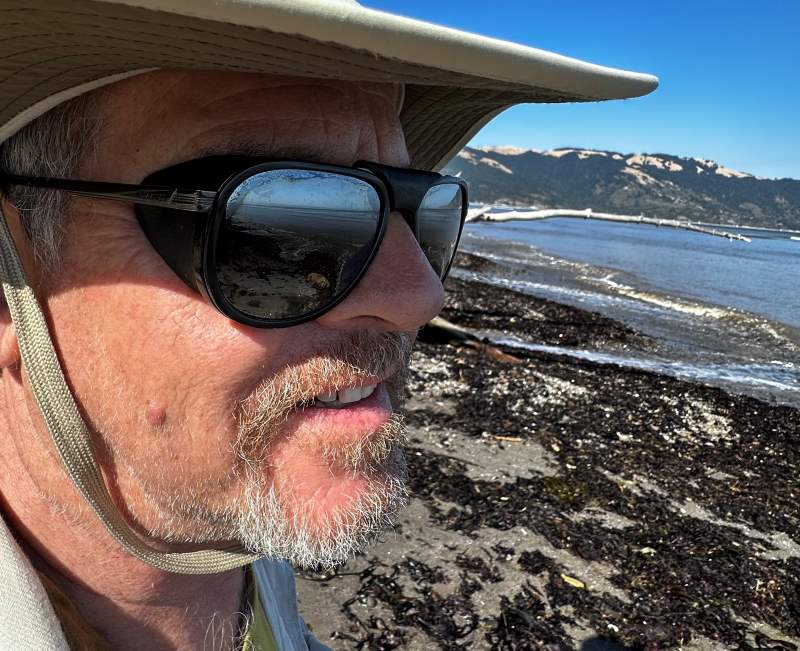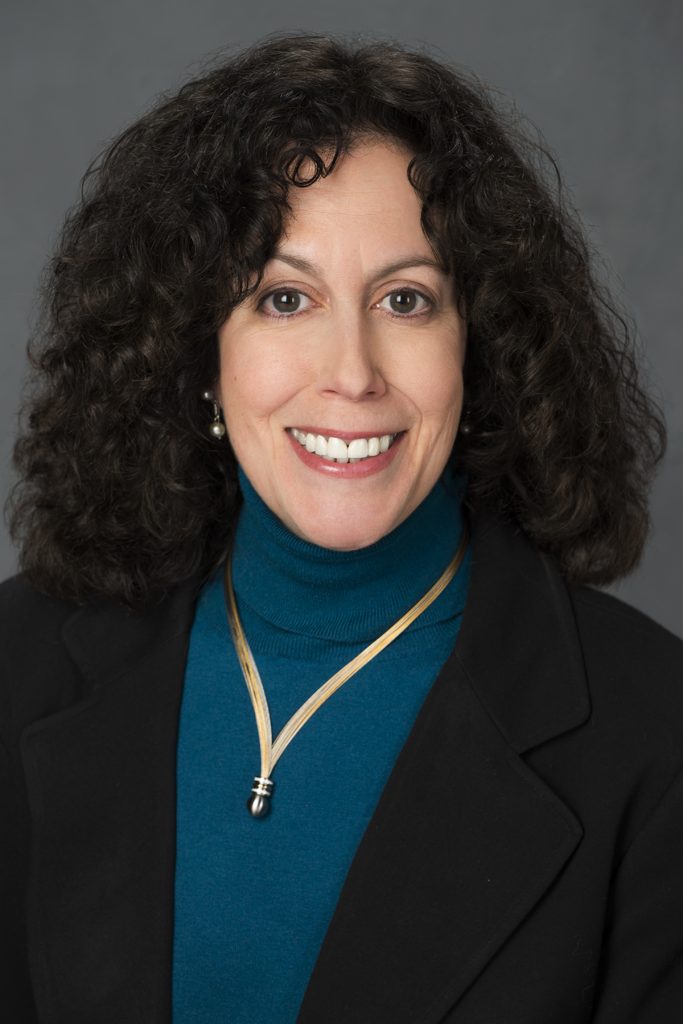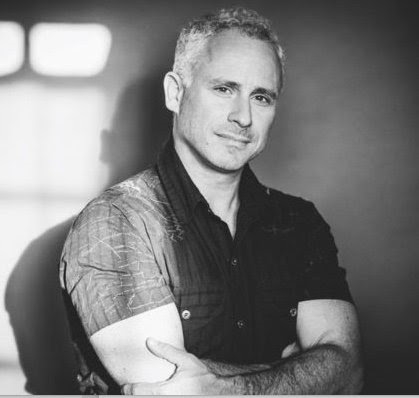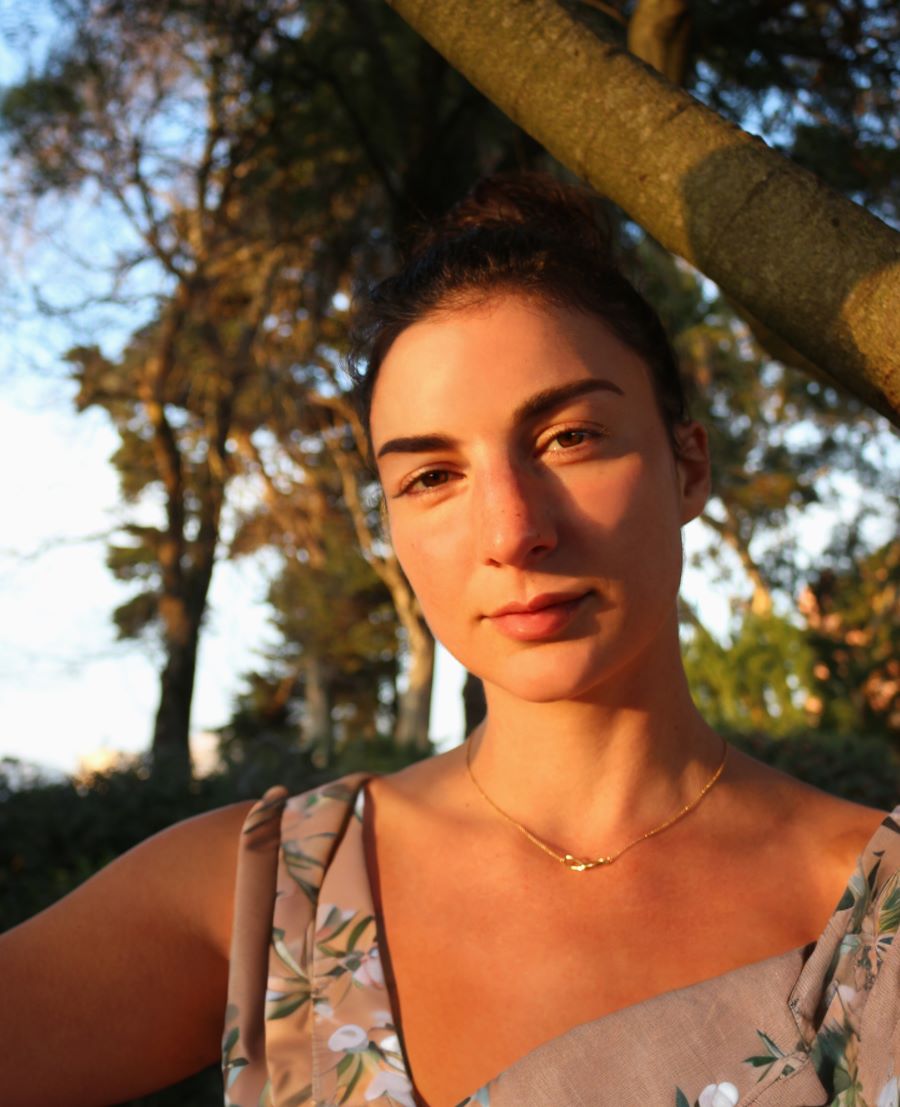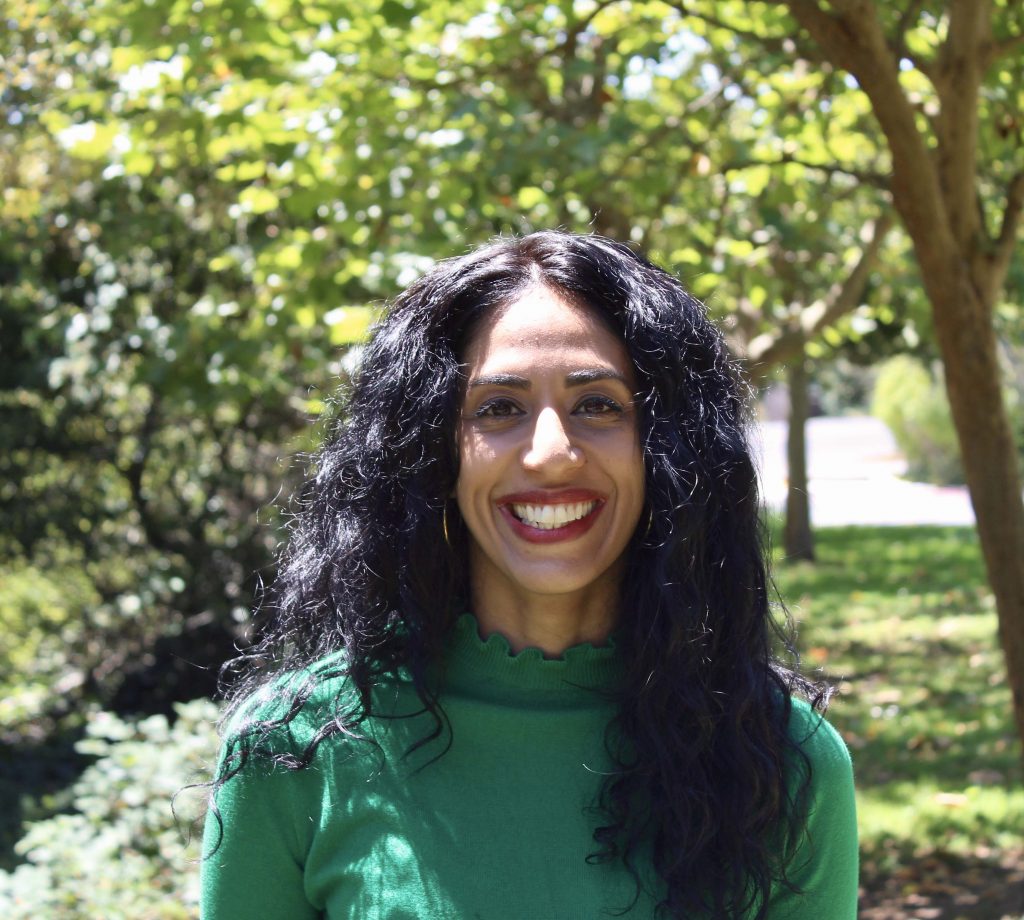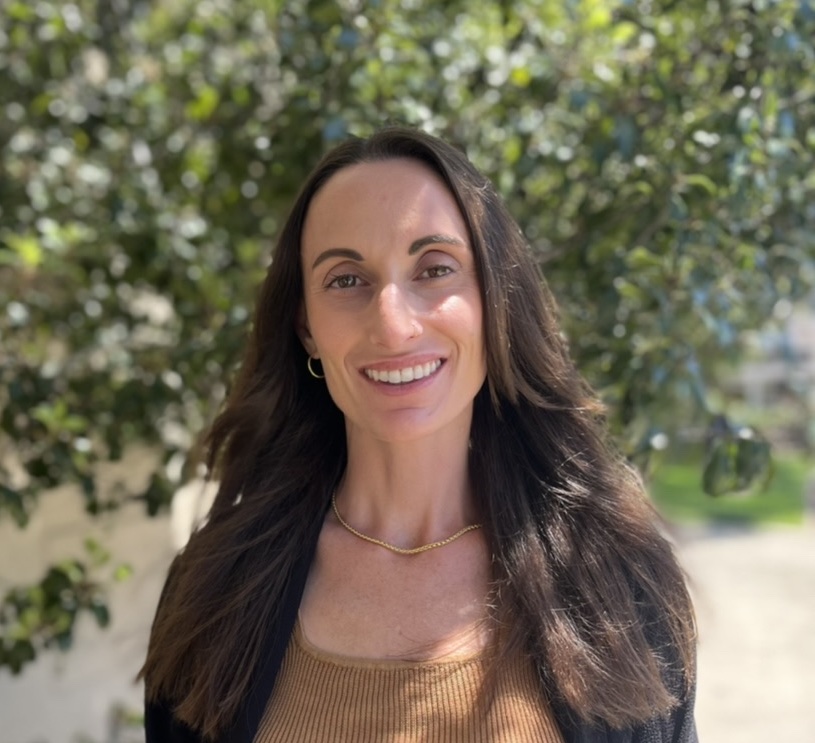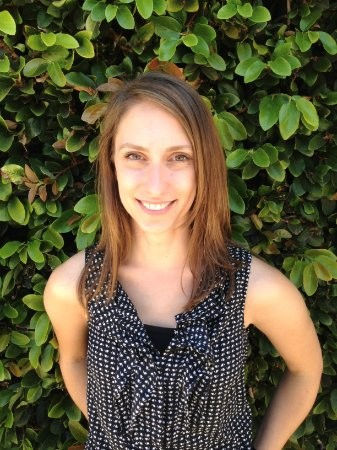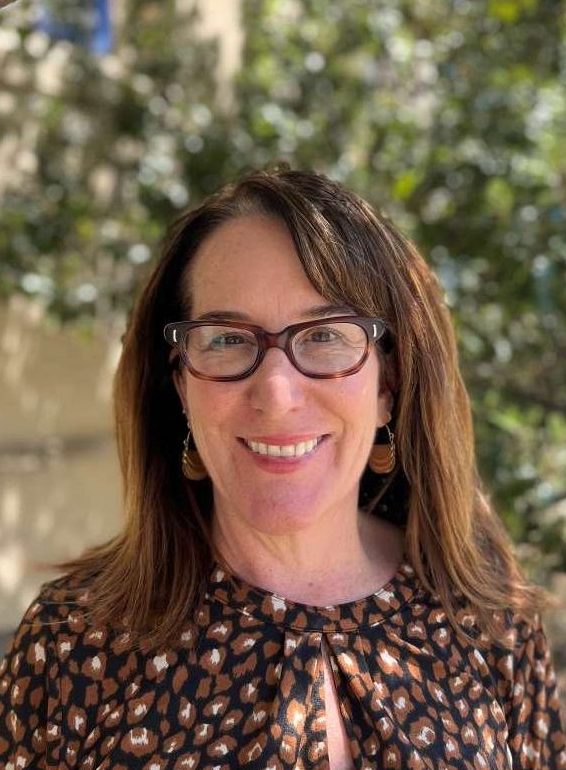Our DBT skills training modules are 8 weeks long, focusing on one skill set per module: Emotion Regulation, Distress Tolerance, and Interpersonal Effectiveness, with Mindfulness being taught at the beginning of each module. The entire skills training program takes about 6 months to complete. Classes meet weekly for 90 minutes. Adults 30 years and older are welcome to join. Young adults (age 18-29) may find a more welcoming peer group in the Young Adult Classes.
- Core Mindfulness: Skills to help us learn to participate in every moment non-judgmentally and effectively, and to access our inherent wisdom. Mindfulness is the foundation that all the other skills are based on.
- Distress Tolerance: These skills support getting through difficult moments without making things worse.
- Emotional Regulation: Learn how your emotions work, how to use them effectively, and how to change them if you choose. Develop a plan to create a life worth living.
- Interpersonal Effectiveness: Become more skillful in communicating with others and getting what you need and want in relationships.
Participants are required to be in individual therapy to join our skills classes, but are not necessarily required to be in therapy at the center. If you are in need of individual therapy as well as skills classes, please mention this when you call.
Everyone will need to purchase the DBT Skills Training Handouts and Worksheets for their use during class.
Skills class facilitators – Alyson Barry, PhD for Tuesday class and Priya Jogia, LCSW for Monday class.
For an updated schedule of classes, please visit here.
Please visit our fees page for more information about cost.

